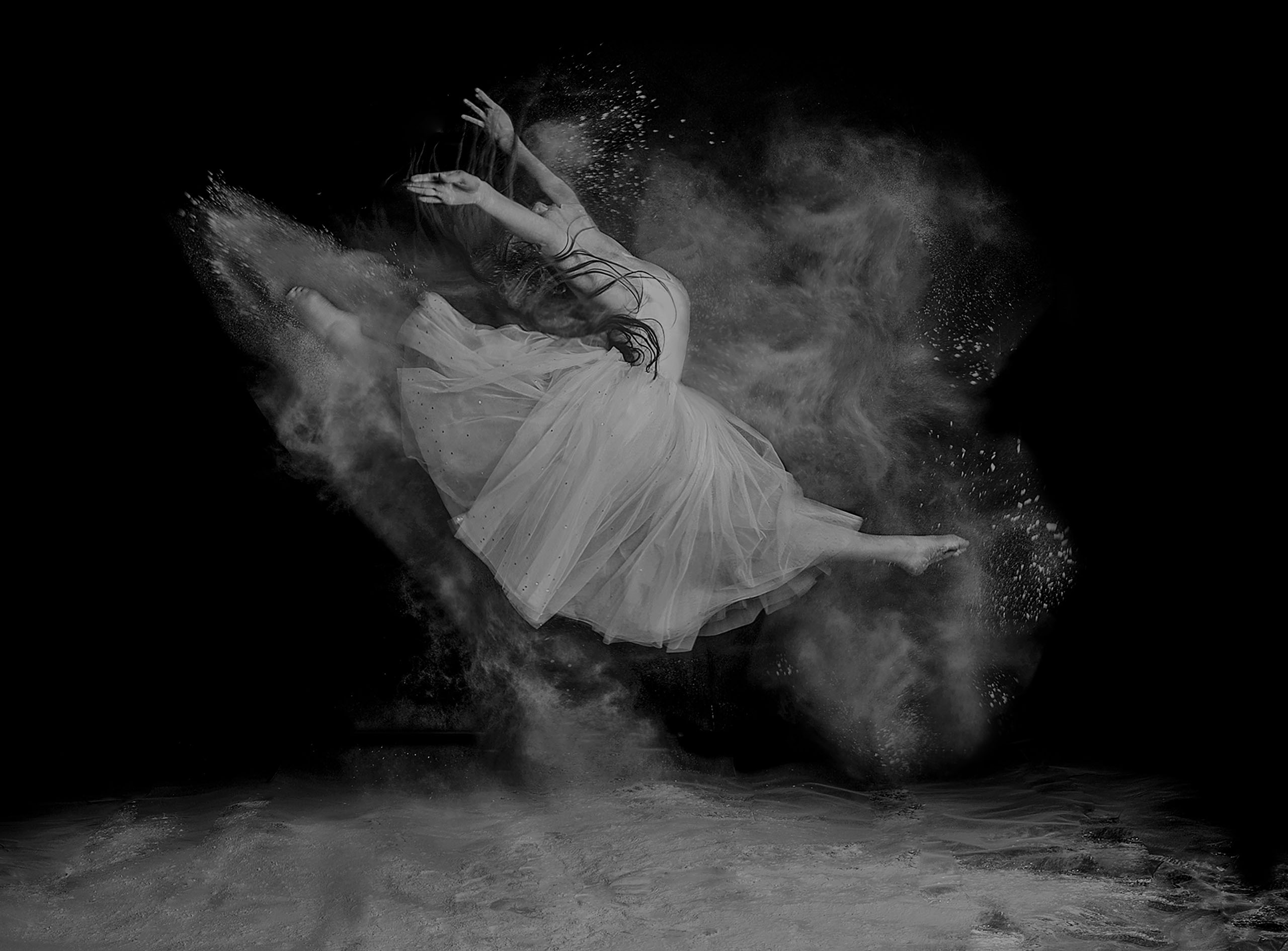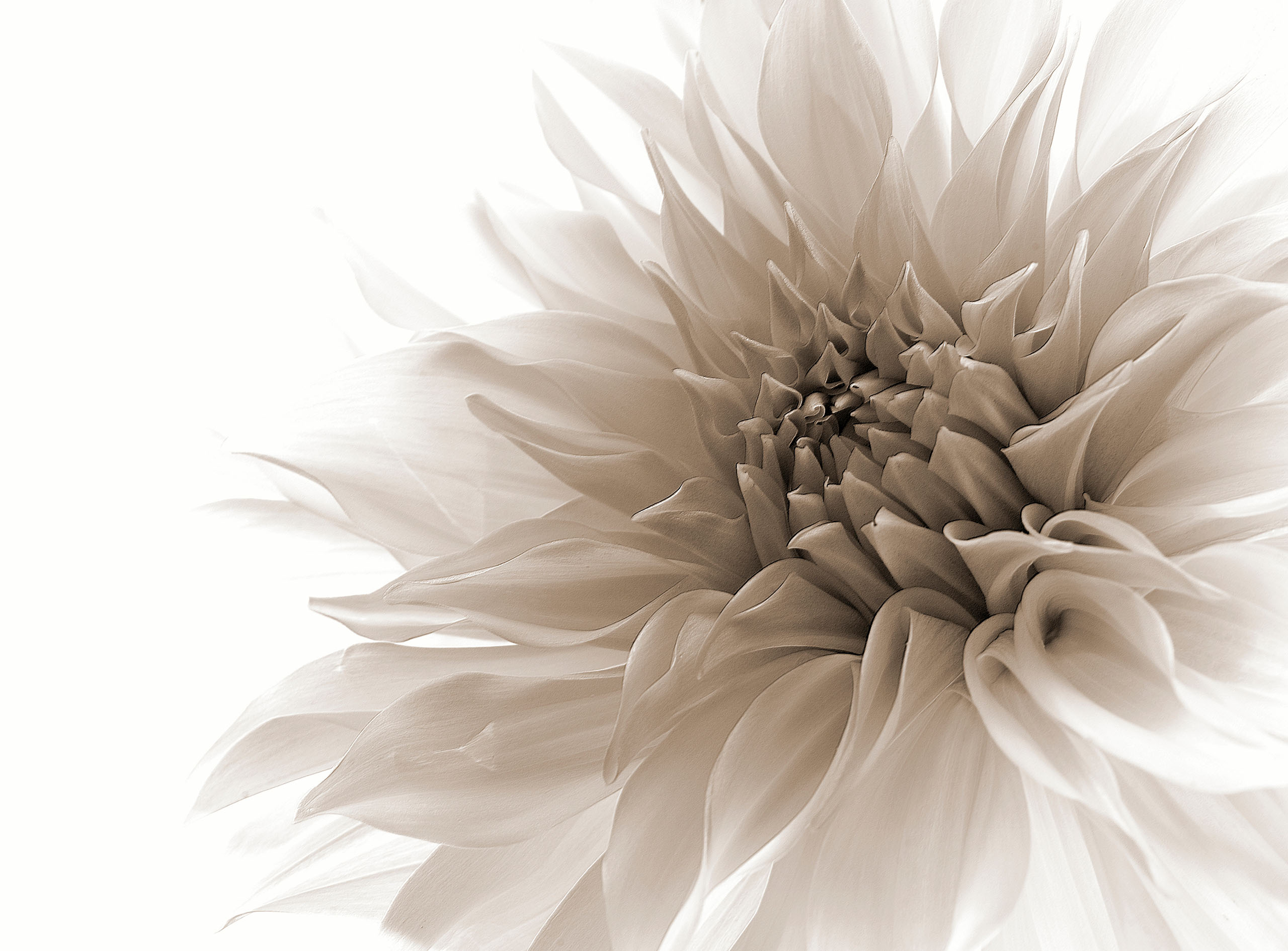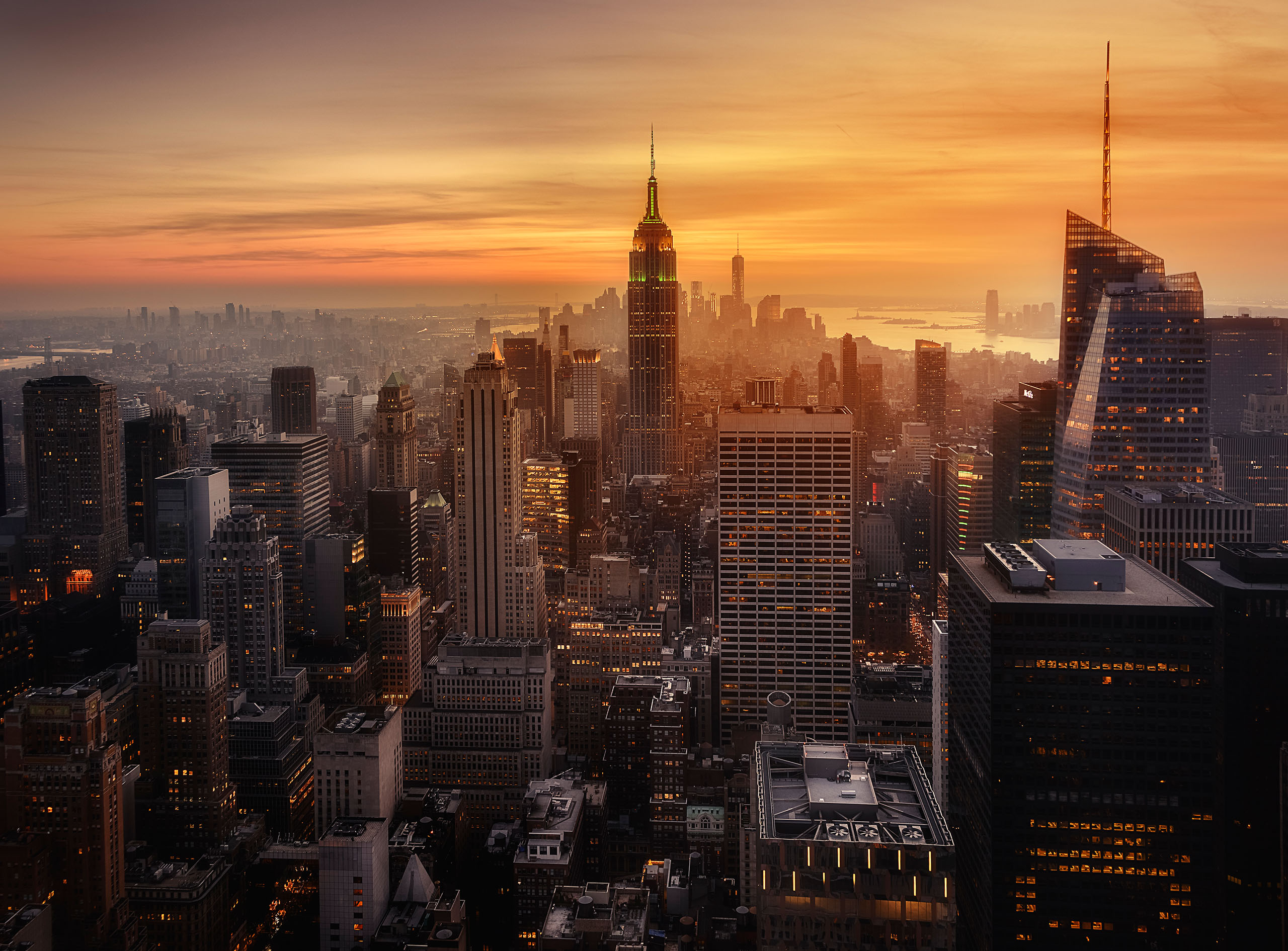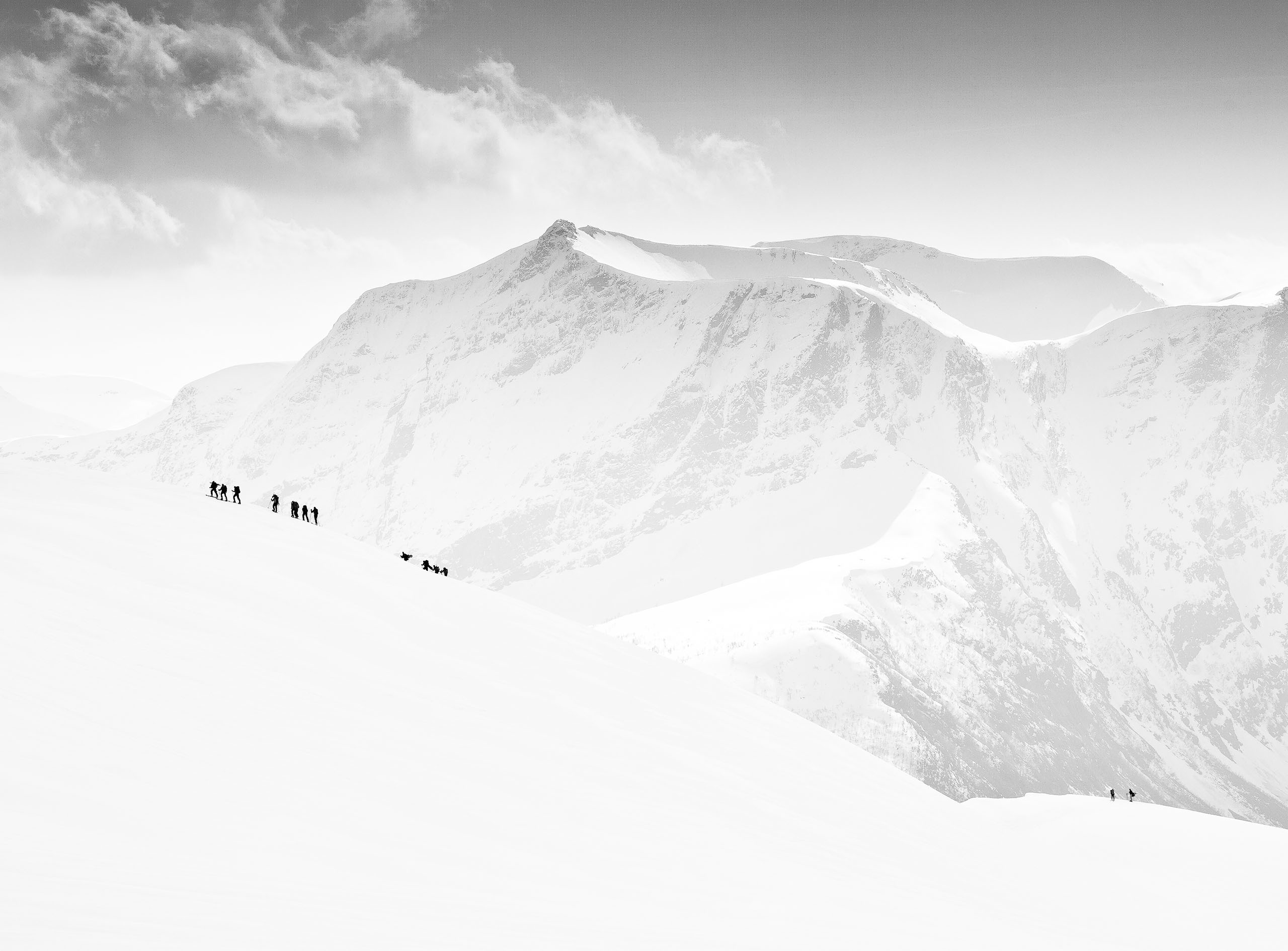SEARCH






|
|
|
|


by Yvette Depaepe
Published the 2nd of November 2020
Rob Darby's body of work is very diversified but absolutely excellent. His photographs always have a strong emotional impact. He takes what nature gives us even and especially when it is not what he hoped for or expected. Rob succeeds to find the magic in the unexpected. He creates lyrically and takes fearlessly risks to push the limits of his ability. Rob also has a humble and charming personality that makes you longing to know him better. I'm really glad to have him as a great Editor in my team.
I truly hope you will enjoy this interview with a talented and sensitive artist.
Can you briefly tell us about yourself, your hobbies and other jobs, Rob?
When I am not working in my (now virtual) corporate job, I am (or was, pre-pandemic) an avid traveller. Photography is either an excuse for travelling or travelling is an excuse for photography. Either way, I love going to new places and discovering new landscapes and cultures.
Besides photography and travelling, my hobbies are hiking, biking, writing and hanging out with my dog, Winston. Every day, I learn a little more how to live life better by watching him.
How has your history and life experiences affected your photography?
Which are your most important experiences that has influenced your art?
I think we all bring our life experiences to our photography. My childhood was turbulent (this may explain my obsession with thunderstorms) so starting at a young age, I escaped into many disparate interests: writing, reading, being outdoors, backpacking, and studying various things that interested me. I was the typical kid that asked “why” about everything which I am sure was exhausting for the people around me. My intense curiosity opened my eyes to different ways of seeing the world. For example, I was fascinated by astronomy and the concept of “infinity.” Staring up at the dark sky as a young boy under a canopy of stars made me realize how insignificant we seem. I never did get my head around “infinity” though.
Thus, nature and the outdoors have always held a special appeal to me, and it is my sincere intention for my photography to reflect the reverence I feel toward nature, as well as the beauty that is everywhere around us.
What first attracted you to photography?
Clouds, storms, and landscapes, I suppose. When I was 8 or 9 years old, my dad bought me my first camera. I took pictures of clouds and catalogued them by type. Even then I remember thinking how much more interesting landscapes were when there were storms around them.
I recently came across a photo taken at University with a Leica M3 around my neck. I honestly don’t remember how I got that camera and sadly I don’t know where it is today, but I guess photography has been with me most of my life.
Describe your overall photographic vision.
I think my photographic vision is constantly evolving. This is probably evident in my work. I became serious about photography when I started storm chasing 15 years ago. Of course, storm chasing and photography are not the best companions in some ways. Chasing bad weather means low light, rain, wind, lightning, and hail and the requirement that images be composed and executed very quickly. There is rarely time to set up a tripod. I think this “training” forced me to learn how to operate my camera efficiently and to think about compositions ahead of time. It also taught me to “take what nature gives you” even and especially when it isn’t what you hoped or expected. Sometimes, there is magic in the unexpected.
You have your very own style but your work is very diversified. Can you explain why this is?
I am attracted to shapes and patterns, and the play of light on them, and one can find these elements in most photography. A desert landscape, for example, may not seem relational to an architectural image, but symmetry, balance, patterns, and light often create similar feelings in me that transcend the subject matter.
Over the past 5+ years I have gravitated toward more abstract and less literal images after many years photographing the drama of storms over landscapes. It is hard to know what has contributed to this, but as I have expanded my photographic interests the diversity of my work has increased as a result of this additive process.
What is more important to you, the mood/story behind your images or the technical perfection?
To me, the most impactful images are ones that the author is able to evoke an emotion or feeling from the viewer, perhaps it tells a story or it simply makes you say “wow.” Images that hold your attention, that make you want to linger in them, that invite you to explore the details in the frame are exciting.
Some images are marvellous because of their technical perfection, and some images that would otherwise be successful can be handicapped by technical flaws that distract the viewer and reduce the impact of the art. On the other hand, sometimes an image may follow all of the “rules” of photography, be tack sharp and yet the image itself may lack lyricism/feeling and therefore is less interesting.
I think about this a lot when shooting landscapes where the scene has been photographed many times by many people. How do I make an image that is interesting here? That is the challenge. For me, the drama of clouds, storms, or unusual light can take what would be a postcard image and turn it into art. Sometimes it may be a unique point of view or an original processing method that can elevate the ordinary, as well.
What generally is your relationship to your subject matter beyond being an observer?
More and more, I am trying to think about being the observed as well as the observer in a photograph. Why am I taking this image? What about this place/moment/scene makes me want to press the shutter? In some ways, the reasons for making an image become part of the subject and story of the image itself. The most successful images tell you through the language of pixels why the photographer did what he or she did.

'Contemporary Art Museum – Chicago'
Do you prepare carefully the locations where you are intending to photograph?
Sometimes yes, especially if I am going to a place where I have never been or where the angle of light is important for capturing what I hope to. I use the “The Photographer’s Ephemeris” app to help determine when the sun (or moon) is going to rise/set and from what angle. This can help in planning for “that decisive moment” that you may envision.
What gear do you use (camera, lenses, bag)?
I have several camera bodies that I use depending upon the situation. I am a Leica-phile and I love my M10 as well as the Monochrome. Leica glass is over-priced but amazing. These cameras are almost always with me.
When I am going on a landscape-oriented trip, I carry the Fuji medium format camera system. They make a (reasonably) affordable system with a wide selection of lenses. I am impressed with the performance of the Fuji, although it can feel bulky.
What software do you use to process your images?
I use Lightroom, Photoshop, and Nik Plug-Ins for the most part.
Can you tell us something more about your work flow?
I enjoy taking images more than processing them but, by necessity, I have tried to develop a more consistent approach to my workflow. Generally, I start with importing images into Lightroom and using Camera Raw to make tweaks to the raw files. In some cases, that is enough, but for others I will use Photoshop and/or Nik Plug-Ins to create whatever effect that I am looking for. I am learning that less is often more in processing. It isn’t particularly appealing to look at an image I have processed and feel that it has been rendered in such a way where the first reaction is to the enhancements made instead of the intended subject.
What is your most important advice to a beginner in Photography and how do you get started?
Look at the photography of as many people you can. Think about what you like/don’t like about certain images. What moves you and why? Take your camera everywhere, photograph the things that make you say “wow,” be willing to break rules and to make mistakes, create images that please you, and be brave in accepting criticism and praise. We all have a unique way of seeing the world. Try to find your point of view and explore it voraciously.
Who are your favourite photographers and more importantly, how has your appreciation of their work affected how you approach your own photography?
This is such a hard question for me since there are so many photographers who I admire and who have an impact on me, and I learn from all of them.
Here on 1X.com, I love the architectural work of Hans-Wolfgang Hawercamp, Arnon Orbach, Luc Vangindertael and Inge Schuster; the stylized abstract work of Carmine Chiriacò and Thomas Vanoost; the beautiful and subtle still-life art of Delphine Devos and Lydia Jacobs; the landscapes of Peter Svoboda, Marc Adamus, Juan Pablo de Miguel, Majid Behzad, and Bingo Z, the striking and creative Black and White images of Eddie Verloes and George Digalakis, the stunning macro work of Thierry Dufour, the street photography of Tatsuo Suzuki, as well as the stylistic and brilliant storytelling of gNo and Adrian Donoghue.
There are so many others that I follow and I apologize for being limited by space to include everyone.
Is there any specific photo taken by another photographer that has inspired you a lot and why?
Not to embarrass you Yvette, but I came across one of your images recently when researching an article I wrote for the 1X magazine called “Come Forth into the Light of Things”.

'Come forth into the light of things...' by Yvette Depaepe
It is a striking image and is one of the most amazing examples of chiaroscuro in landscape work that I have seen. Its minimalism, the light, and the perfect composition inspire me.
The other image that I can’t seem to get enough of is “My Mother, My Best friend” by Zuhair Al Shammaa.

'My Mother, My Best Friend' by Zuhair Al Shammaa
It is presented with a reverence for the relationship between mother and child and you can feel the love there. It is impeccable in my opinion.
Are there any specific directions that you would like to take your photography in the future or any specific goals that you wish to achieve?
I want to increase the emotional power of my photography: to think, see, and create more lyrically, and to fearlessly take risks that will push the limits of my ability.
Describe your favourite photograph taken by you and why it is special to you?
I guess I would have to say that “I’ve Heard the Mermaids Singing” is probably my favourite image, not necessarily because it is the strongest, but rather for the personal meaning it has for me since it is a homage to my favourite poem by TS Eliot “The Love Song of J. Alfred Prufrock.” The stanza which came to mind as I looked at the scene was:
“I have seen them riding seaward on the waves
Combing the white hair of the waves blown back
When the wind blows the water white and black.”

'I've Heard the Mermaids Singing'
Is there anything else you wish to add and what do you think about 1X as a home base for your work?
I love 1X.com as a space to learn, grow, and to present my work on a beautiful website.
One of the most valuable lessons I have learned being on this site is to accept rejection and to grow rather than to be discouraged from it.
I am a better photographer because of the quality and diversity of the images of the extremely talented artists who present their work and give us all a glimpse into how they view the world.
 | Write |
 | XibiaoHuang 每一张图片都很震撼,抒情地创作,并冒着无所畏惧的风险来推动自己的能力极限,非常伟大,感谢你和yvette,你们辛苦了,还有yvette的照片十分精彩,大爱! |
 | Rob Darby PRO
非常感谢您的客气话 |
 | Yvette Depaepe CREW I feel honoured that my waterfall image was and is so inspiring to you ;-) |
 | Rob Darby PRO I have shared this article with some friends and all of them commented on your image. It is beautiful. |
 | Yvette Depaepe CREW Congratulations, Rob... and thanks for the good editor's job you're doing. Warm greetings, Yvette |
 | Rob Darby PRO Thank you , My Friend |